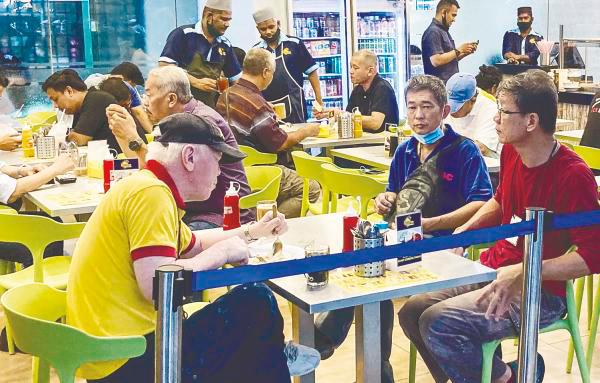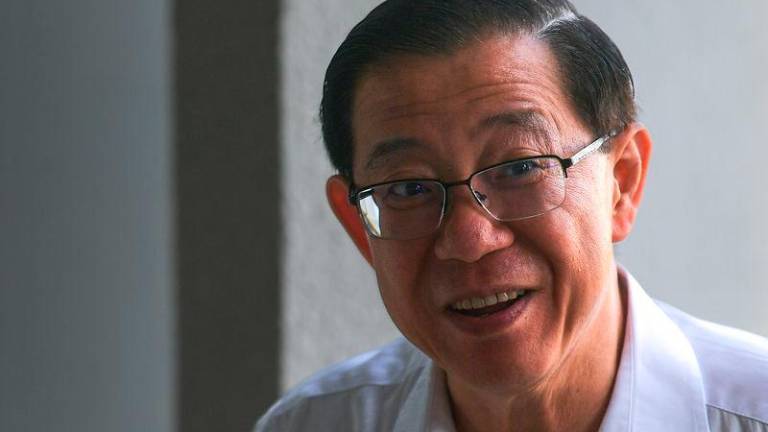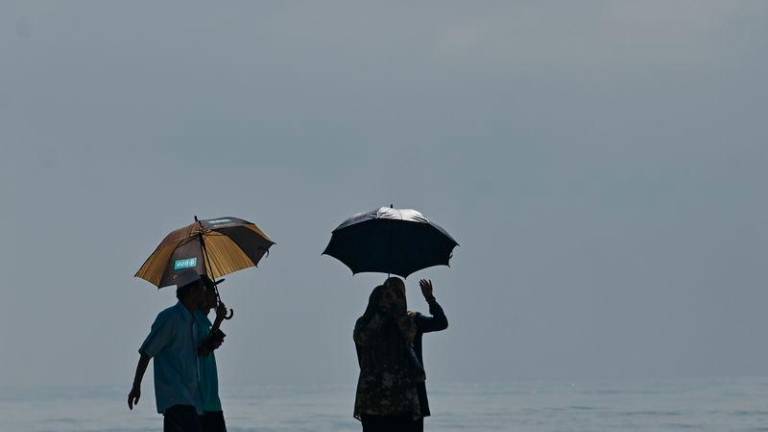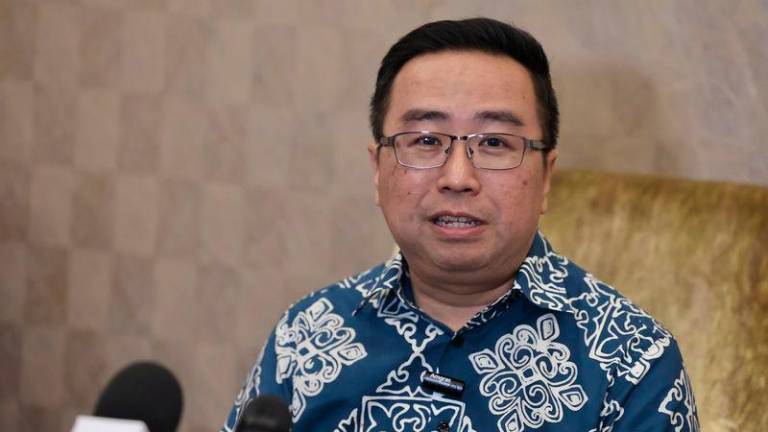IF you had told me 20 years ago that I would be earning a living and raising my family in Kuala Lumpur (KL), I would not have believed you. As a boy from Johor, KL seemed too noisy, crowded and fast-paced for my liking.
Yet, here I am in 2024, proudly calling KL my home and city. Yes, it is still noisy and crowded and fast-paced but this is where I truly believe I belong. My family is here, my friends are here and this is where I can contribute the most to society.
However, like everyone else in KL, I am also still grappling with the so-called “new normal” in the wake of the Covid-19 pandemic, especially the soaring living expenses.
As we try our best to adapt, there has been a constant and prevailing notion that the ideal solution lies in cutting back, tightening our belts and spending less.
Some even suggest changing our diet to ubi kayu (tapioca) in the face of rising rice prices, but I beg to differ, primarily because I believe these “solutions” are missing the point.
For example, one of the areas that often comes under scrutiny is dining out, be it at the corner mamak stall or the high-end cafes. With rising costs and economic uncertainties, it is tempting to view eating out as an indulgence that we can no longer afford. However, to me, it is not just about the food but the experience, connections and the moments that come with eating out.
When we dine out, it is not simply a matter of satisfying our hunger (which ubi kayu can address). It is about the company we keep, the conversations we share and the memories we create (which ubi kayu definitely cannot address). Some may even argue that eating out is part of our Malaysian culture.
These intangible elements, be it the ambience of a bustling restaurant, the tranquillity of a cosy cafe or the friendly smile from the bhaiya who takes your order at the table, all add depth and richness to our lives, nourishing our souls in ways that go beyond the levels of Maslow’s hierarchy of needs.
So, when faced with the rising cost of eating out, the knee-jerk reaction should not be to abandon this cherished ritual or culture altogether. Instead, it is an opportunity to pause, reflect and rediscover the values that drew us to dining out in the first place.
Perhaps, it is the sense of community we find in sharing a meal with loved ones or the joy of exploring new flavours and cuisines. Whatever it may be, these values are worth preserving.
And the same value-defining effort should go to all these “solutions” to address the soaring costs of living in the city.
We need creativity and resourcefulness to adapt to the challenges of expensive city living post-pandemic, not shortcut responses.
Rather than viewing rising costs as insurmountable barriers, we should seek alternative ways to fulfil our actual desires and aspirations. Perhaps, it could be hosting potluck lunches and dinners with friends, where each person brings a dish (or leftovers) to share. Or it can involve exploring outdoor picnics in the park or preparing prep meals for the whole week in the fridge.
Whatever it is, the key is to embrace flexibility and open-mindedness, recognising that our values and priorities can remain intact even as our circumstances change. By shifting our focus from external constraints to internal values, we empower ourselves to live authentically and meaningfully, regardless of the challenges we face.
Let us challenge ourselves to find creative ways to cultivate the same sense of fulfilment and joy in our everyday lives. After all, true abundance is not measured by the size of our bank accounts but by the richness of our experiences, just as succinctly summarised by Rumi the poet: “Live life as if it is rigged in your favour.”
The writer is an associate professor and former director of the Corporate Communications Centre at Universiti Malaya. Comments: letters@thesundaily.com










